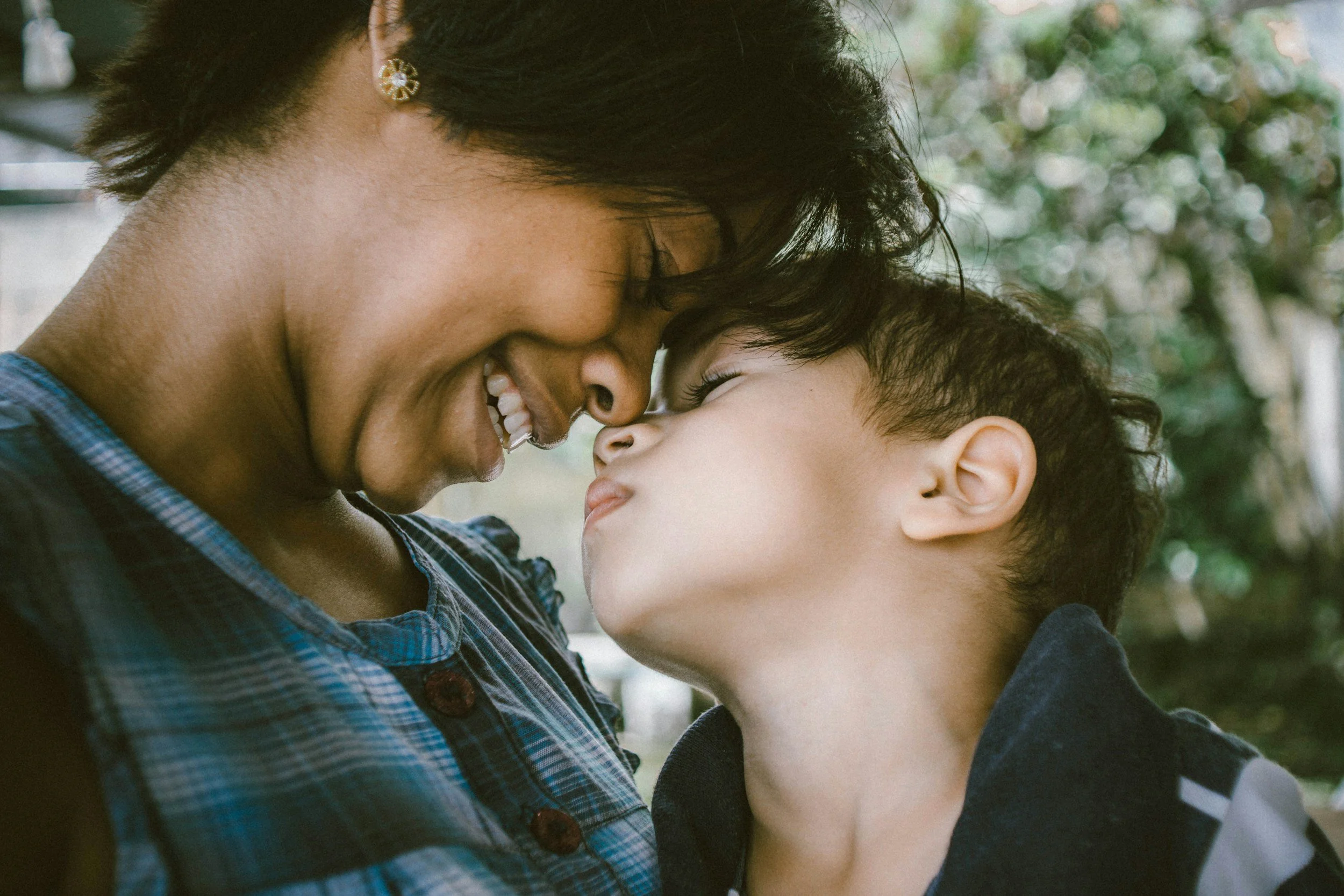Book Review: “Parenting with Presence” - A Transformative Guide for Conscious Parenting
Sunday, September 1, 2024.
Parenting with Presence: Practices for Raising Conscious, Confident, Caring Kids by Susan Stiffelman is a comprehensive and transformative guide that delves into the heart of conscious parenting.
In an era where the pressures of modern life can often overwhelm parents, Stiffelman’s approach offers a beacon of hope and practical wisdom.
By weaving together mindfulness, emotional intelligence, and the latest social science research, she provides a roadmap for parents to foster deeper connections with their children while simultaneously engaging in personal growth.
The Core Premise: Parenting as a Path to Personal Growth
Stiffelman’s central premise is that parenting is not just a journey of guiding children but also a profound opportunity for parents to evolve. This concept aligns with the theories of attachment and self-determination in developmental psychology.
Research by Deci and Ryan (2000) on self-determination theory emphasizes the importance of autonomy, competence, and relatedness in fostering well-being, all of which are addressed through the conscious parenting practices discussed in this book.
Stiffelman encourages parents to view challenges not as failures but as opportunities for growth, echoing the growth mindset approach popularized by Carol Dweck (2006). This perspective not only benefits the parent but also sets a powerful example for children, teaching them resilience and adaptability.
Practical Tools for Mindful Parenting: Backed by Research
One of the strengths of Parenting with Presence is its integration of practical tools rooted in mindfulness, a practice well-supported by social science research.
Mindfulness, defined as paying attention in a particular way: on purpose, in the present moment, and non-judgmentally (Kabat-Zinn, 1994), is shown to reduce stress and improve emotional regulation.
Stiffelman’s strategies for maintaining calm and presence during parenting challenges align with research findings that mindful parenting enhances parent-child relationships and promotes children's psychological well-being (Duncan, Coatsworth, & Greenberg, 2009).
For example, Stiffelman’s recommendation of using deep breathing techniques during moments of conflict is supported by studies demonstrating that such practices can reduce the physiological symptoms of stress and increase emotional control (Arch & Craske, 2006).
By modeling these behaviors, parents not only maintain their composure but also teach their children how to navigate their emotions effectively.
Emphasizing the Parent-Child Connection: A Research-Based Perspective
Stiffelman’s emphasis on the parent-child connection is deeply grounded in attachment theory, which highlights the critical role of early relationships in a child's emotional and psychological development (Bowlby, 1988).
The book underscores the importance of being emotionally present and responsive to a child's needs, fostering a secure attachment that is associated with better outcomes in mental health, social relationships, and academic achievement (Sroufe, Egeland, Carlson, & Collins, 2005).
Moreover, the concept of "conscious parenting" advocated by Stiffelman aligns with research on parental reflective functioning—the ability of parents to understand and reflect upon their own and their child’s mental states (Fonagy & Target, 1997). This capacity is crucial for creating a nurturing environment that supports the child’s emotional development and resilience.
The Role of Emotional Intelligence in Parenting
Stiffelman’s work also touches on the role of emotional intelligence (EI) in effective parenting. Emotional intelligence, as defined by Goleman (1995), involves the ability to recognize, understand, and manage our own emotions, as well as the emotions of others.
Stiffelman’s strategies for staying connected and empathetic with children are in line with research showing that higher parental EI is associated with better emotional regulation in children and stronger parent-child bonds (Mayer, Caruso, & Salovey, 2000).
For parents seeking to elevate their approach through research-backed strategies, Parenting with Presence offers a wealth of insights. Stiffelman’s integration of mindfulness, emotional intelligence, and attachment theory provides a holistic framework for raising emotionally healthy and resilient children. This book serves as both a practical guide and a source of inspiration for parents who are committed to conscious parenting.
Final Thoughts
Parenting with Presence is not just a book; it’s a call to embrace parenting as a transformative, spiritual journey.
By incorporating the principles of mindfulness, emotional intelligence, and secure attachment, parents can foster deeper connections with their children while simultaneously engaging in personal growth.
This book deserves a place on every conscious parent's bookshelf, offering guidance that is both practical and deeply transformative.
Be Well, Stay Kind, and Godspeed.
REFERENCES:
Arch, J. J., & Craske, M. G. (2006). Mechanisms of mindfulness: Emotion regulation following a focused breathing induction. Behaviour Research and Therapy, 44(12), 1849-1858. https://doi.org/10.1016/j.brat.2005.12.007
Bowlby, J. (1988). A secure base: Parent-child attachment and healthy human development. Basic Books.
Deci, E. L., & Ryan, R. M. (2000). The "what" and "why" of goal pursuits: Human needs and the self-determination of behavior. Psychological Inquiry, 11(4), 227-268. https://doi.org/10.1207/S15327965PLI1104_01
Duncan, L. G., Coatsworth, J. D., & Greenberg, M. T. (2009). A model of mindful parenting: Implications for parent–child relationships and prevention research. Clinical Child and Family Psychology Review, 12(3), 255-270. https://doi.org/10.1007/s10567-009-0046-3
Fonagy, P., & Target, M. (1997). Attachment and reflective function: Their role in self-organization. Development and Psychopathology, 9(4), 679-700. https://doi.org/10.1017/S0954579497001399
Goleman, D. (1995). Emotional intelligence: Why it can matter more than IQ. Bantam Books.
Kabat-Zinn, J. (1994). Wherever you go, there you are: Mindfulness meditation in everyday life. Hyperion.
Mayer, J. D., Caruso, D. R., & Salovey, P. (2000). Emotional intelligence meets traditional standards for an intelligence. Intelligence, 27(4), 267-298. https://doi.org/10.1016/S0160-2896(99)00016-1
Sroufe, L. A., Egeland, B., Carlson, E. A., & Collins, W. A. (2005). The development of the person: The Minnesota Study of Risk and Adaptation from birth to adulthood. Guilford Press.
Stiffelman, S. (2015). Parenting with presence: Practices for raising conscious, confident, caring kids. New World Library.
